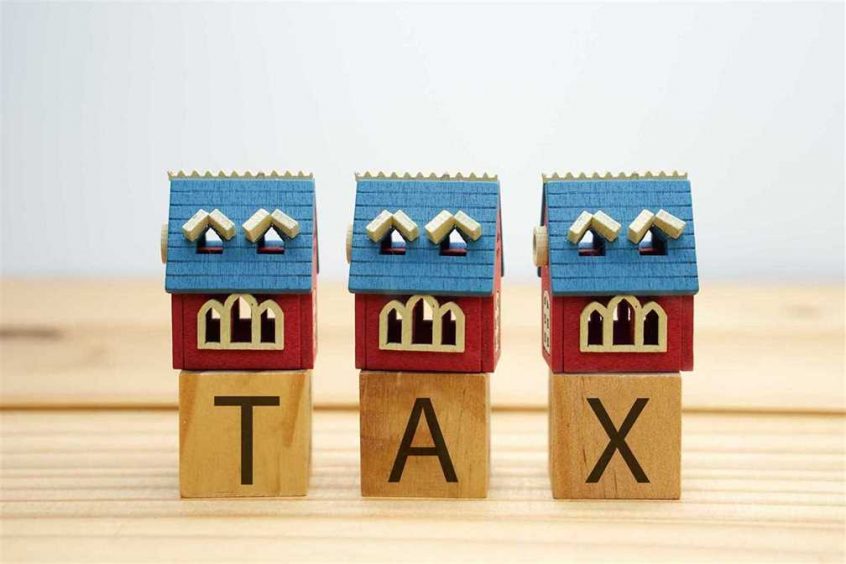The gig economy has radically shifted the way we all do business. Consumers have adopted these technologies rather quickly, running direct-to-consumer Etsy shops, using rideshare services to get around, and renting Airbnbs as a cheap way to explore the world. These changes are occurring rapidly; meanwhile, governments are, by their very nature, slow to modify their behaviour. The legislative process is an arduous one, though important; when a new technology appears, the government has to evaluate the pros and cons of legislating or taxing that technology.
This brings us to the Winnipeg accommodation tax. The tax has the goal of raising revenue for the city’s tourism industry – it’s a 5% tax, and the money accrued from the tax supports Destination Winnipeg, the Winnipeg Convention Centre, and other tourism related organizations and events within the city. There are numerous different exceptions to the tax; for example, the tax isn’t levied against accommodations that are used by the same person for a continuous period of 30 days or more. This is likely because such accommodations would be considered rent, and thus should not be subject to the tax. Numerous other exemptions exist; the one of interest to us is the one that refers to “small bed-and-breakfasts and similar accommodations with 3 rooms or less for rent”.
This exemption was, more likely than not, put into place to support part-time business owners who rent out their homes in order to supplement their income, or lower their overall mortgage costs – folks like retirees. The law was put into place before Airbnb came into play; in fact, Airbnb was only founded a couple of months after the law came in force. Now, hoteliers and others involved in the accommodation industry are complaining to the City that their taxation scheme is unfair – they worry that individuals who are running Airbnbs at multiple locations as a full-time business aren’t being fairly taxed.
The City has responded to these concerns, and is considering options for levying accommodation taxes on Airbnb rentals and other accommodation sharing services. Exactly how this will happen is unclear; the City is considering targeting “online platform retail services” specifically. We might, then, see a change to the exception for bed-and-breakfasts, excluding online accommodation sharing from the exception; we might, however, see something totally different. To speculate on how tax codes will change is foolhardy – we’ll just have to wait and see.
When the changes do come, though, you can trust Compass Accounting to keep you abreast of the situation if you earn any income from accommodations. AirBnB will likely take the tax from your earnings automatically, and advise you of the change when it occurs; they’ve obliged cities who want to tax accommodations plenty of times before, so they’re well versed in this kind of thing. The tax schemes around the gig economy are constantly changing, so be sure to monitor news about your industry daily if you provide sharing services or other services linked to our brave new digital age!

